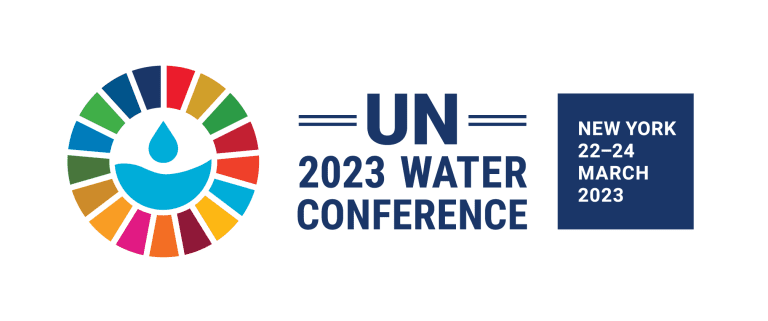Join Us
A New Era in Water Intelligence Driving Collective Action
Official Side Event to the UN 2023 Water Conference
UN Headquarters, New York City
Wednesday, March 22, 2023 - 5:00 – 6:15 p.m. EST
Imagine a future where...
- water resources are highly valued and collectively managed;
- community, government, business, scientific and financial leaders participate as an active network of watershed stakeholders and stewards;
- shared, state of the art water intelligence is comprehensive, accurate, trusted, understood and available to all;
- a worldwide network of water intelligence partners works together to deepen universal understanding of water’s complexities;
- water intelligence is democratized so that all watershed stakeholders can equally access, understand, and use water intelligence to make collective decisions about their precious and shared water resources;
- a sustainable, equitable water future for all is real.
Forces are aligning to drive change toward a new era in water intelligence
Join a panel discussion led by Faith Sternlieb of the Internet of Water, with panelists Christiaan Morssink of Global Water Alliance, David Lehrer of the Arava Institute, Kim Nelson of True Elements, and Marc Yaggi of Waterkeeper Alliance. Discussion will focus on challenges to achieving this vision and the forces aligning to drive this change forward from the data, water, natural and social science perspectives. Discussion will also spotlight how water intelligence can be used for equity focused public policy decisions.
Panelists will each present a 5-minute overview:
- Kim Nelson will discuss the emerging worldwide network of water intelligence leaders that are combining the latest science, technology, and AI capabilities to harness the power of water intelligence and democratize it for the global good.
- Marc Yaggi will discuss the critical role citizen scientists can play in data collection and sharing to ensure water data is sufficient, trustworthy, and democratized. Water data for the people, by the people!
- David Lehrer will discuss how to read, apply, and share water data analytics and forecasting for policy purposes, with a specific focus on conflict mitigation and creating win-win scenarios for all watershed stakeholders.
- Christiaan Morssink will discuss how to use data to mitigate environmental justice issues and democratize the WaSH market.
Following the presentations, Faith Sternlieb will lead a 15–minute inter-panel discussion followed by a 45-minute Q&A with the audience.
Speakers
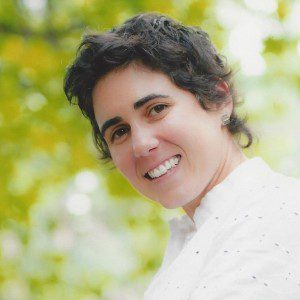
Faith Sternlieb
Faith Sternlieb
Faith Sternlieb is the associate director of stakeholder engagement for Internet of Water Initiative at the Lincoln Institute’s Center for Geospatial Solutions, where she facilitates the IoW Coalition and fosters partnerships with local, state, and federal government agencies to support modernized water data systems. Faith received a bachelor’s degree in anthropology and Latin American languages from the University of Maryland, a master’s degree in agriculture through the Peace Corps Masters International Program, and a Ph.D. in earth sciences with a watershed specialty, both from Colorado State University. Her post-doctoral work through the U.S. Department of State, Office of the Geographer, was on the Secondary Cities project, where she facilitated teams from under-served, rapidly growing cities across the globe to collect and curate geospatial data for participatory mapping to help them better prepare for uncertain futures. She recently transitioned from Lincoln Institute’s Babbitt Center for Land and Water Policy, where she led Growing Water Smart, a program that works with the private and public sector to support Colorado River Basin communities integrate their land and water planning. She continues to work with diverse communities to address environmental justice, water sustainability, and climate resilience through appropriate technology, intelligent design, collaboration, sound science, and political resolve.
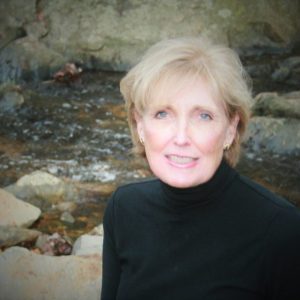
Kimberly Nelson
Kimberly Nelson
Kimberly Nelson joined True Elements in January 2022 as Chief Operating Officer and Managing Director, Public Sector. Previously, Ms. Nelson was Senior Director of Microsoft’s U.S. Public Sector’s State and Local Government Solutions business. Her focus over 16 years was to work with Microsoft’s partner ecosystem to develop repeatable online solutions that reduced cost, risk and time for public sector clients in key sectors including Critical Infrastructure and Health. Prior to Microsoft, Ms. Nelson had a 22-year career in public service in both state and federal government. She served in a Senate Confirmed position as Assistant Administrator and Chief Information Officer, Office of Environmental Information, U.S. Environmental Protection Agency where she was responsible for environmental information policy. This was a Presidential Appointment confirmed by the U.S. Senate. At the state level, she served as Executive Deputy Secretary, Pennsylvania Department of Environmental Protection with responsibility for Policy, Communications and Operations. Ms. Nelson has a bachelor’s degree in political science (Shippensburg University) and a master’s degree in public administration (University of Pennsylvania).
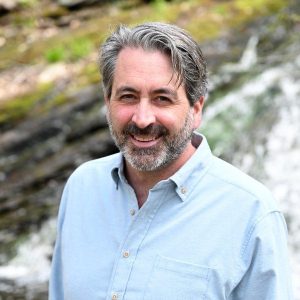
Marc Yaggi
Marc Yaggi
Marc Yaggi is Chief Executive Officer of Waterkeeper Alliance, the largest and fastest-growing nonprofit solely focused on clean water. Marc has dedicated his career to environmental advocacy and has been instrumental in expanding the Waterkeeper movement worldwide. Marc leads with a deep, personal passion for clean water and provides organizational leadership by developing strategic partnerships and promoting the Waterkeeper model of advocacy.
Before joining Waterkeeper Alliance, Marc was a Senior Attorney and Watershed Program Director for Riverkeeper, Inc., where he worked to protect the 2,000-square mile watershed that serves as New York City’s drinking water supply. Previously, Marc served as a Staff Attorney with the Environmental Law Institute in Washington, D.C.
In addition to authoring numerous articles, Marc has appeared in publications like The New York Times, The Guardian, and Politico. For the past two decades, he has inspired audiences all over the world with keynote speeches, conference panels, and corporate seminars.
Marc has a degree in Administration of Justice from Pennsylvania State University and a J.D. and an LL.M in Environmental Law from the Pace University School of Law.
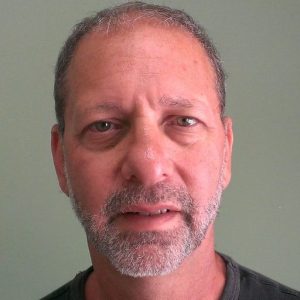
David Lehrer
David Lehrer
Dr. David Lehrer holds a PhD from the Geography and Environmental Development Department of Ben-Gurion University of the Negev and a joint Masters Degree in Management Science from Boston University and Ben-Gurion University. Dr. Lehrer was the Executive Director of the Arava Institute for Environmental Studies from 2001 until August 2021 and has now become Director of International Development. Dr. Lehrer has been a member of Kibbutz Ketura since 1981; worked in agriculture and education; served as the General Secretary and Business Manager, and twice served as an emissary for the Jewish Agency of Israel in the US. Dr. Lehrer’s research includes studies on the effectiveness of the ISO 14001 environmental management system, sustainable development in the Dead Sea Basin, the cost of invasive species and the cost of nature conservation in Israel. Dr. Lehrer spent the 2021-2022 academic year on Sabbatical at Boston University as a Postdoctoral Associate in the Elie Wiesel Center for Jewish Studies and an Israel Institute Teaching Fellow
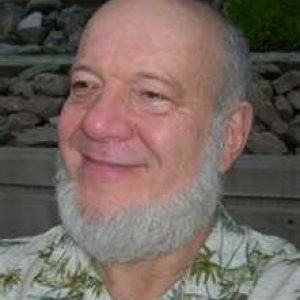
Christian Morssink
Christian Morssink
Christiaan Morssink, Ph.D., M.P.H., President of the Global Water Alliance, holds Candidandus and Doctorandus degrees in cultural anthropology and non-Western sociology, respectively, from the University of Amsterdam in the Netherlands, an M.P.H. from The Johns Hopkins University, and a Ph.D. in Health Policy and Administration from the University of Illinois at Chicago School of Public Health.
Dr. Morssink has 30+ years of practice and teaching experience in public health and related fields in the Netherlands, the U.S., as well as in the Republic of Suriname, where he was head of the Department of Planning and Project Management in the Ministry of Health.
In addition to his Presidency at the Global Water Alliance, Dr. Morssink is involved in several community-based organizations. Dr. Morssink is the immediate past Executive Director of the United Nations Association of Greater Philadelphia and Secretary of the Global Philadelphia Association.
His interests are many and flow from the understanding of public health as an action-oriented domain of the world’s political economy; they include the effects of the built environment on health, elimination of health disparities, hunger, and urban farming, and the campaign to ban and clear landmines and cluster bombs in communities around the world.
Contact information:
Arava Institute for Environmental Studies: Ellen Elend Rif, Ellen.Elend.Rif@arava.org
Global Water Alliance: Christiaan Morssink, christiaanmo@yahoo.com
True Elements: Meg Maffitt, mmaffitt@trueelements.com
Waterkeeper Alliance: Nadia Rivera, nrivera@waterkeeper.org
